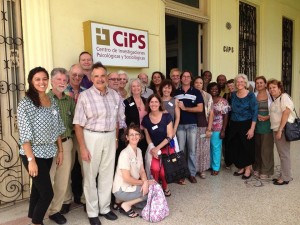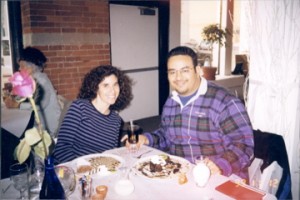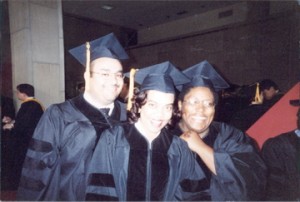 Psychology doctoral program at Argosy University Denver held responsible for lying. University ordered to pay millions to its students.
Psychology doctoral program at Argosy University Denver held responsible for lying. University ordered to pay millions to its students.
The State of Colorado and its Attorney General prosecuted Argosy-Denver on behalf of 66 students who enrolled in Argosy’s EdD in counseling psychology (EdD-CP) program. According to the Attorney General’s Office, “Argosy is accused of deceiving, misleading, and financially injuring students seeking doctorate of education in counseling psychology degrees in violation of the Colorado Consumer Protection Act. Under the settlement terms, Argosy will pay approximately $3.3 million in restitution and fines,” of which approximately $2.8 million will go directly to the aggrieved students.
What happened?!
Argosy students were explicitly and implicitly led to believe that their EdD-CP program was seeking APA accreditation, when in fact, the program was not. “Argosy-Denver’s EdD-CP program would ultimately fail to fulfill a promise made to its students – eligibility to become licensed as psychologists in Colorado,” the Attorney General’s Office stated in its Complaint to the Denver District Court.
Students’ attempts to challenge their schools through the court system have historically been unsuccessful, until recently. The Argosy case is not the first occasion in which students were fruitful in seeking redress by the Courts. Here are four examples, with a fifth new case:
1. In Russell v. Salve Regina College (1989), a nursing student was dismissed on the basis of her obesity. Her academic performance was satisfactory except in one course where her grade was related to weight, not performance. The Court ruled that the college had breached its contract with Russell and awarded her monetary damages.
2. In Elliott v. University of Cincinnati (1999), a doctoral student who failed his oral examination claimed breach of contract because only four committee members were present at his examination; the Graduate Student Handbook required a five-member committee. The court found that the Handbook was contractually binding on the university, and that a four-member committee violated that contract. The university had to give the student another oral exam.
3. In Sharick v. Southeastern University of the Health Sciences (2000, 2008), a fourth-year medical student was dismissed after failing his last course in medical school. Sharick sued the university for breach of contract. After dismissal by a trial court, reversal by the appellate court, and a hearing by a second trial court jury, Sharick was awarded $813,000 for past lost earnings and $3.5 million for lost future earnings.
4. In Gauthier c. Saint-Germain, Boudreau et L’Université d’Ottawa (2010), a student sued her university for educational malpractice after failing to receive her doctorate. The appeals court ruled that if the case was pleaded with specific evidence of what the contracts and breaches were, her claims could lead to an award of damages.
5. Similar to the Argosy-Denver case, five former and current Globe University/Minnesota School of Business students filed a class-action lawsuit against their school on October 2, 2013, claiming that Globe misled students about its accreditation and post-graduate employment rates. Judgment TBD.
What do these cases mean for you, the Psychology Graduate Student?
What the above cases teach us is that there is a contractual relationship between students and schools, and both sides must work to fulfill the explicit and implied promises they make to one another. Just as schools should make sure their students work hard and attain programmatic goals and competencies before graduating and becoming psychologists, students should feel empowered to make sure their schools are living up to their end of the bargain by providing students with high quality education and training experiences, as well as an avenue toward graduation and licensure.
Would a student win a case against his or her school for losing accreditation, providing inadequate supervision, or failing to place students in externships or internships? That may be for the Courts to decide.
Hopefully, students and schools can resolve these and other key issues collaboratively, making legal recourse unnecessary.
This article was co-written with Lawrence N. Meyerson, JD, EdD.

 Psychology doctoral program at Argosy University Denver held responsible for lying. University ordered to pay millions to its students.
Psychology doctoral program at Argosy University Denver held responsible for lying. University ordered to pay millions to its students. – old Fords and Plymouth convertibles, no advertisements for any goods and services except for those promoting public health and supporting ‘la revolucion’, and crumbling architecture representing the remains of both Soviet and colonial influence.
– old Fords and Plymouth convertibles, no advertisements for any goods and services except for those promoting public health and supporting ‘la revolucion’, and crumbling architecture representing the remains of both Soviet and colonial influence.


![MP900313797[1]](http://www.gradpsychblog.org/wp-content/uploads/MP9003137971.jpg)